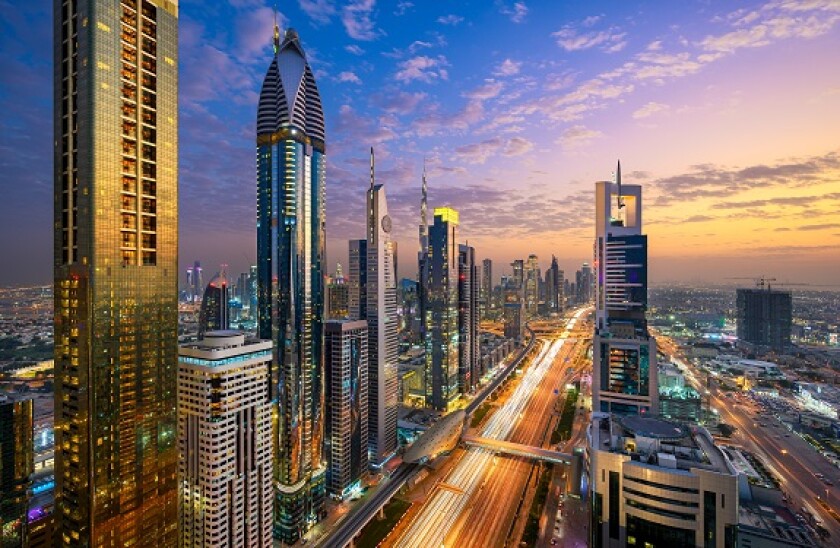For investors, the Middle East was the silver lining in an awful 2022 for global IPO markets.
Apart from 2019, when the $29.4bn flotation of Aramco distorted the picture, last year was the busiest ever for initial public offerings in the region, with 60 issuers raising $24.5bn. In EMEA in its entirety, which of course includes the Middle East and two more entire continents, IPOs raised just $42.5bn.
Market participants — as well as most press reports — predict similar levels of activity in 2023. They describe a healthy pipeline of government-owned companies as well as a growing number of private businesses waiting to come to market.
But in between, and flying somewhat under the radar, the region just had its slowest January and February since 2016. In fact, only one deal was priced to date, raising a meagre $10m.
It is no cause for panic, activity tends to be higher in the second quarter off the back of full-year results and deals are expected. But a stronger explanation for the steep drop off from the end of last year, however, is the fatigue that investors felt after two years of constant major listings.
Losing its lustre
It may also be that the Middle East is losing some of the shine that has made it such an attractive prospect for the last few years. Investors loved the region as an oasis of geopolitical stability when war broke out in Europe and it benefitted economically from surging oil and gas prices.
Governments floated their best assets not because they needed money, but because they wanted to create liquid capital markets for the transition away from fossil fuels. Even inflation was lower than in the West, partly because gulf states handed out less money to businesses and citizens than Europe and the US.
Strong, reliable dividend yields are the main sales argument for companies in the region. This loses a little gusto with each basis point that central banks add to interest rates. The Brent Crude Oil price has dropped 31% since June, while in the same period, the S&P Middle East & Africa index is down 12%.
Then there is the performance of individual IPOs.
An investor who bought shares in every single IPO of the region in the past year — proportionate to its deal value — could now sell their entire portfolio with around 25% profit. Buying all European IPOs in the same period would have resulted in a neutral performance, on average they are trading almost exactly 0% above or below their offer prices, according to Dealogic.
Some deals have gone well, even spectacularly. Nahdi Medical Company, Salik and Americana Restaurants are all up more than 30% since listing. Others of couse have traded down, even if they looked like a huge success at first.
The Dubai Water and Electricity Authority, the biggest IPO in the region last year, surged 18% on its debut but is now trading 4% below the initial offer price. Business part operator Tecom dropped 13.1%, while Taaleem, which runs a network of schools in the UAE, is down 8.7%.
After such a turbulent year and a constant onslaught of new deals, investors needed respite to take stock. Buyers will be more selective going forward, market participants have said.
The Dubai government has even shelved few planned privatisations to allow markets to properly absorb what is out there and establish balance, several bankers told GlobalCapital.
Offering markets a break is a sensible step. But if investors are tired of their options and dividends lose their appeal, two months without deals is unlikely to make a difference.
Issuers and their bankers can’t rest on a full pipeline. If the Middle Eastern market hopes to retain its momentum in the long term, its individual markets will have to think about equity stories beyond the promise of a 5% yield and a monopoly on oil drilling.
The Middle Eastern IPO market is are not a miracle, just a market where some issuers deliver, others disappoint, and performance depends on a complex set of factors. Many companies still struggle with liquidity after the listing. There have been hardly any follow-on deals, capital increases or block trades.
There is much work left to do. During this break, intended or not, market participants should have a good think on how to tackle it.

